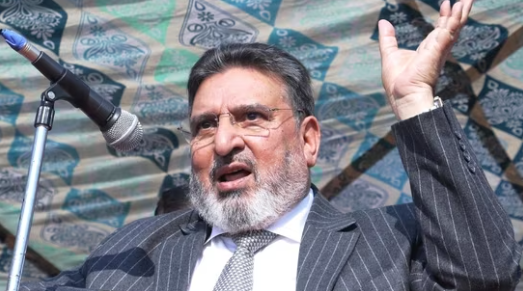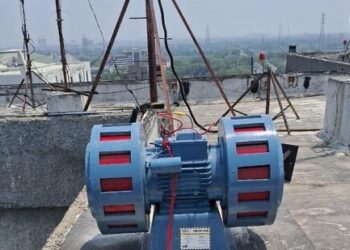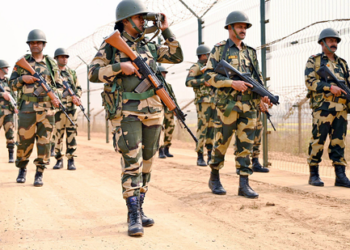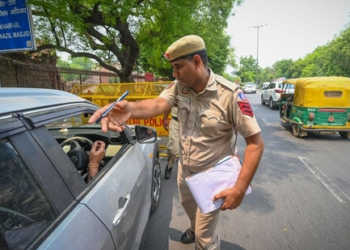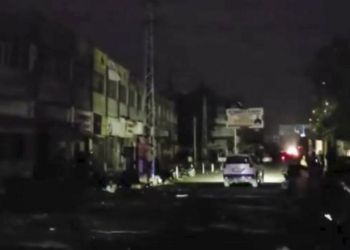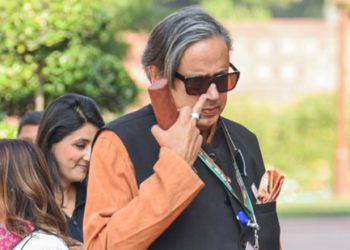In a bid to enhance efficiency and stability in the electoral process of Jammu and Kashmir, prominent politician Altaf Bukhari has proposed holding simultaneous elections for the J&K Assembly and the Lok Sabha. This suggestion comes as part of a broader discussion on political reforms in the region, aiming to streamline governance and foster stability.
Altaf Bukhari, a seasoned leader with a deep understanding of the region’s dynamics, emphasized the need for synchronized polls during a recent public address. He underscored that simultaneous elections would not only save resources but also ensure a more cohesive and synchronized governance structure in the Union Territory.
“The idea of holding concurrent elections for the J&K Assembly and the Lok Sabha is rooted in the quest for efficiency and stability,” stated Bukhari. “It will minimize the disruptions caused by frequent elections and enable elected representatives to focus more on governance and development.”
The proposal has sparked significant interest among political circles in Jammu and Kashmir, with many echoing Bukhari’s sentiments. Supporters argue that synchronized polls would reduce the burden on administrative machinery and security forces, allowing them to concentrate on other pressing issues.
Moreover, proponents of the idea believe that simultaneous elections could help in better coordination between the Union government and the regional administration, facilitating smoother policy implementation and development initiatives in Jammu and Kashmir.
However, while the proposal has garnered attention and support, it also faces challenges and complexities. Constitutional and logistical aspects need thorough consideration before such a reform can be implemented effectively.
Constitutionally, the synchronization of Assembly and Lok Sabha elections in Jammu and Kashmir would require amendments to existing laws and regulations. Additionally, logistical challenges such as voter registration, polling booth arrangements, and security arrangements need meticulous planning and execution.
Despite the hurdles, Altaf Bukhari’s call for simultaneous elections in Jammu and Kashmir signifies a growing consensus on the need for electoral reforms in the region. It reflects a broader desire among the political leadership to enhance governance efficiency and strengthen democratic processes.
As discussions around political reforms continue, the proposal for synchronized elections presents a significant opportunity to redefine the electoral landscape of Jammu and Kashmir, paving the way for a more stable and resilient governance framework.


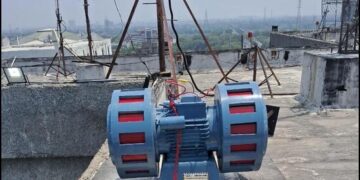

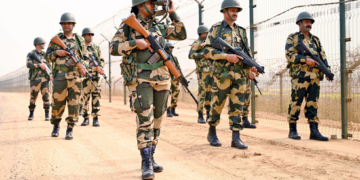
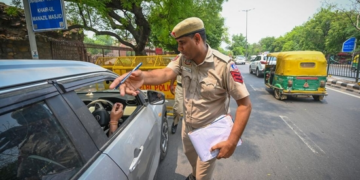
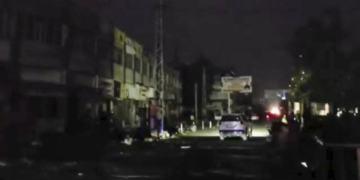
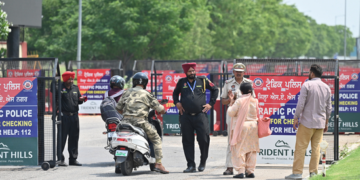
 India
India
